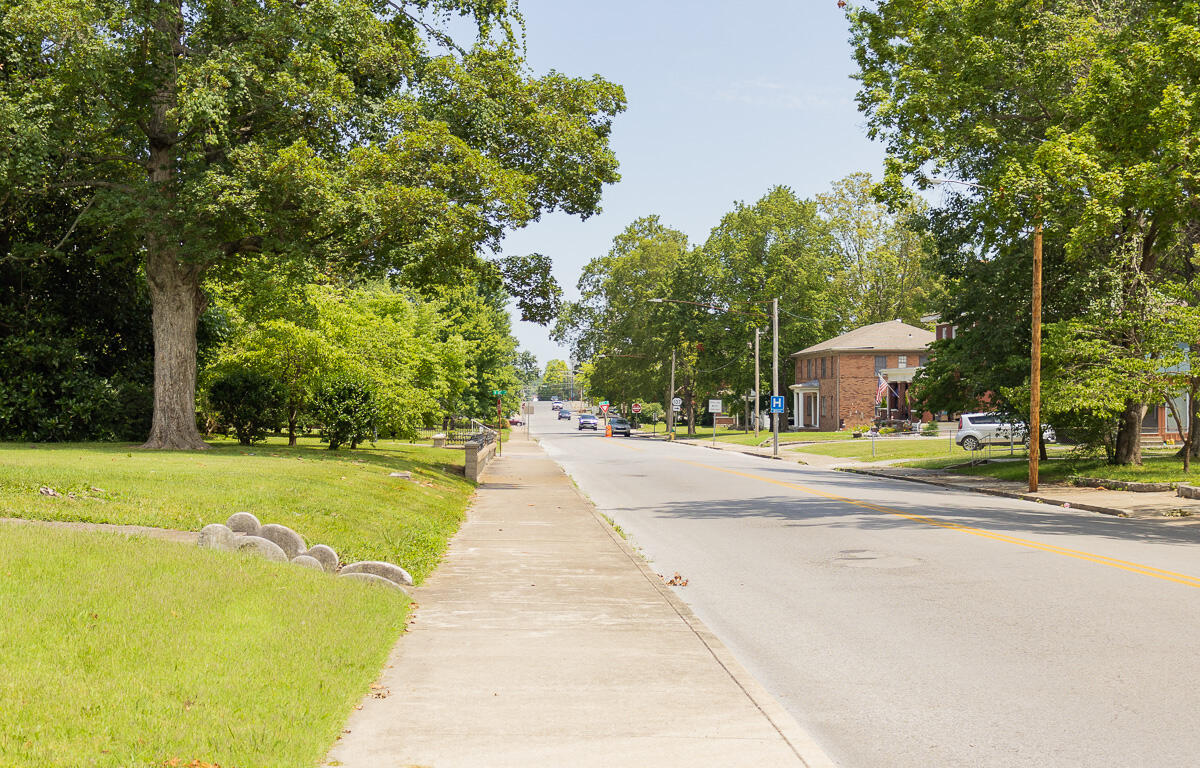HOPKINSVILLE, KY – City leaders and housing stakeholders came together this evening during the City of Hopkinsville’s Committee of the Whole meeting for a public presentation of the Hopkinsville Housing Needs Assessment, a comprehensive study conducted by Bowen National Research to evaluate local housing conditions, affordability, and future needs.
Key findings
After experiencing a slight decline in the number of households since 2010, Hopkinsville is expected to experience modest household growth (0.1%) from 2024 to 2029. This expected household growth will add to the demand for housing.
- Much of the expected household growth in the city over the next few years will be among households earning over $50,000 annually, with significant growth (over 600 households) expected among households earning over $100,000 a year. This growth will add to the demand for higher-end rental and for-sale housing.
- Hopkinsville’s greatest household growth by age group through 2029 is expected to occur among senior households age 65 and older (increasing by more than 400 households), with notable growth (an additional 100 households) among households ages 35 to 44. These growth trends will likely influence the demand for housing for young and established families and for senior-oriented housing.
- 14,445 people commute into Hopkinsville each day for work, representing 67.0% of the people
employed in the city. - Most of the people employed in Hopkinsville earn wages well below the amount required to reasonably afford a typical rental or for-sale housing unit within the city. This has created challenges with local employers, particularly in their ability to attract and retain workers.
- There is limited availability among the city’s rental and for-sale housing stock, adding to the city’s housing affordability and quality issues.
- Residential blight (housing units that exhibit notable to significant exterior housing disrepair) is significant in the city, with over 400 homes exhibiting some form of residential blight. This product represents 2.8% of the city’s housing stock, a blight rate that is more than three times the rate seen in many comparable cities in the country.
Recommendations:
- Set realistic/attainable short-term housing goals, outline long-term objectives, and monitor progress.
- Consider capacity building that will expand the base of participants and resources that can be
utilized to address housing issues and consider identifying a “housing champion”. - Consider implementing, modifying, and/or supporting existing policies to encourage or support the development of new housing and the preservation of existing housing.
- Consider continued and/or expanded support of existing strategies and initiatives to focus on residential blight mitigation.
- Formulate education and outreach campaigns to help support housing initiatives.
- Explore and encourage development partnerships.
- Market Hopkinsville’s housing needs and opportunities to potential residential development partners and develop a centralized housing resource center
- Consider implementing a marketing plan and developing housing that will attract some of the more than 14,000 commuters that travel into the city to become permanent residents.
Next Steps:
This report will serve as a framework for shaping the city’s housing strategy moving forward. In the coming weeks, city leadership will work closely with the Hopkinsville City Council to review the findings and determine the next most effective steps for addressing identified needs and opportunities.
Housing remains a top priority in Hopkinsville, and the city is committed to improving access to quality, affordable options for all residents. For those who were unable to attend the initial presentation, a second public presentation of the housing needs assessment will be held on Friday, July 18th at 10:00 AM in the City Council Chambers at City Hall (715 South Virginia Street).
Assesment details
To ensure a well-rounded and informed assessment, Bowen National Research gathered input from a broad cross-section of the community. This included:
- Surveys completed by local employers representing a variety of industries, who provided insights into how housing availability and affordability impact recruitment, retention, and workforce productivity.
- Feedback from area stakeholders, including representatives from nonprofits, housing developers, social service organizations, realtors, local government departments, and community leaders, who identified housing gaps, barriers to development, and local infrastructure concerns.
- A comprehensive review of local data provided by city departments such as Code Enforcement and Community and Development Services, which included abandoned property lists and residential blight information.
- Analysis of economic trends, migration patterns, and housing conditions specific to Hopkinsville and the broader Christian County area.
This inclusive approach ensured the study reflected the lived experiences, needs, and opportunities voiced by residents, professionals, and community advocates across the city.
For more information or to view the full report, visit: www.hoptown.org/housing.
| DON’T MISS A STORY: Click here to sign up for our free weekly email newsletter


